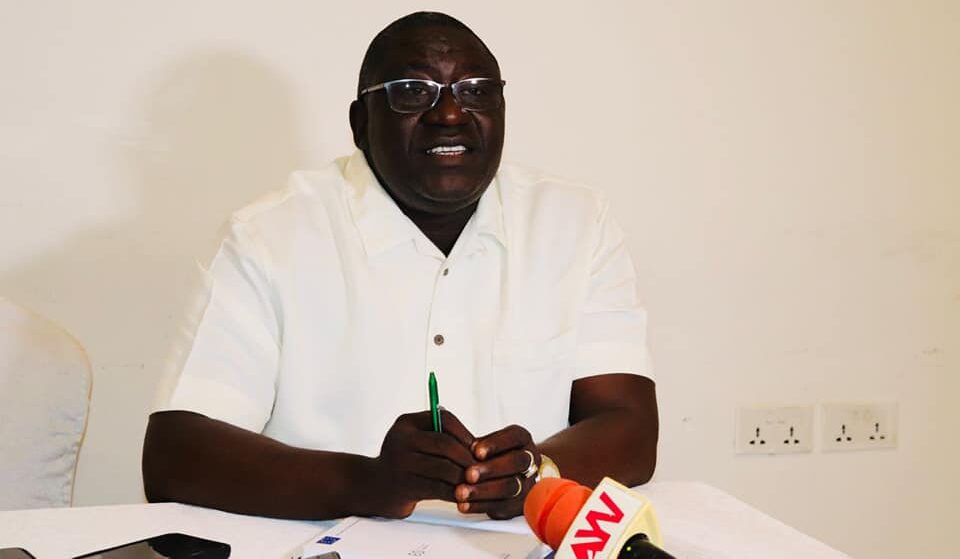By: Sajor Jalloh
The National Civic Registration Authority (NCRA) hosted a four-day workshop focused on reviewing the National Civic Registration Bill 2022 and four associated draft regulations. The event, aimed at refining the framework for civic registration and identity management in Sierra Leone, brought together key stakeholders and experts in the field.
In his opening address, the Director General of NCRA, Mr. Mohamed Massaquoi, emphasized the transformative potential of the workshop in shaping the future of the country’s civic registration system. He highlighted the critical role of NCRA in overseeing the continuous, universal, and compulsory registration of significant life events, including births, deaths, marriages, adoptions, and nullities. Mr. Massaquoi underscored that the work of the NCRA is not just about registration but serves as the foundation for national development, impacting sectors such as health, education, electoral processes, and national identification.
“The work we do at NCRA constitutes the very foundation upon which our nation builds its future,” Mr. Massaquoi stated. He added that the civic registration and vital statistics system is the lifeblood of administrative functions, providing essential data to inform national development plans.
UNICEF Country Representative, Mr. Rudolf Schwenk, also addressed the workshop, stressing that birth registration is a fundamental child right, not just a legal obligation. He pointed out that while Sierra Leone had made significant progress in increasing birth registration rates—from over 50% in 2008 to nearly 80% by 2010, and 90% in 2019-2020—challenges remain. Mr. Schwenk noted disparities between urban and rural registration rates and the lack of birth certificates for many registered children, particularly those under the age of five.
“In 2017, 70% of children under the age of five did not have the vital legal certificate to prove their identity,” Mr. Schwenk revealed. He emphasized that without birth registration, children remain excluded from essential services like education, healthcare, and social protection, creating lifelong disadvantages. He called for concerted efforts from all stakeholders, including the government and international partners, to bridge this gap.
The Minister of Internal Affairs, Major David Taluva, expressed his support for the review process, stating that it would enhance the NCRA’s effectiveness in carrying out its mandate. Major Taluva commended the NCRA for its achievements, particularly its collaboration with other government agencies, such as the National Revenue Authority (NRA), National Social Security and Insurance Trust (NASSIT), and Sierra Leone Roads Authority (SLRA). These partnerships have facilitated better decision-making and public administration through shared access to the civil registration system.
“The legal framework for NCRA’s operations must evolve to keep pace with the changing demands in civic registration, identity management, and vital statistics,” Major Taluva concluded, reinforcing the importance of adapting the legal infrastructure to ensure continued success.
The workshop concluded with a commitment to refining the National Civic Registration Bill and its regulations, ensuring they meet the needs of a modern, inclusive, and efficient identity management system for Sierra Leone’s future.










